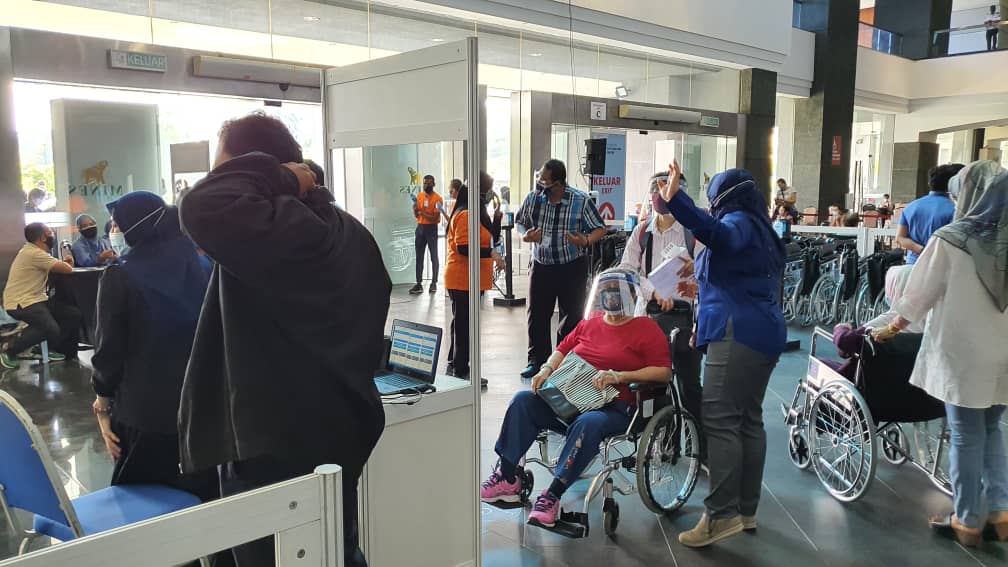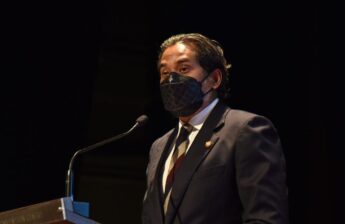KUALA LUMPUR, July 27 — Damansara MP Tony Pua today attributed Covid-19 deaths in Malaysia to the government’s delay in procuring coronavirus vaccines only since last November, months behind Singapore, the United States, the United Kingdom, and Israel.
The DAP lawmaker pointed out that Malaysia only signed its first vaccine deal last November 18 — with global vaccine-sharing programme COVAX — while Pfizer-BioNTech’s Covid-19 shot was first procured only last December and the remaining vaccines early this year.
He noted that the COVAX order only comprised 10 per cent of the vaccine supply needed, while the December agreement with Pfizer only covered 20 per cent.
“The United States, the United Kingdom, Israel, and our neighbour Singapore made orders in April, May, June, and July. When orders were made early, they received vaccine stocks early after the vaccines were approved,” Pua told a special Dewan Rakyat meeting today.
“But we didn’t. We were just waiting around, I don’t know what we were waiting for,” he said, adding that the Ministry of Health (MOH) was responsible for vaccine procurement and approval.
Pua said that although the National Covid-19 Immunisation Programme (PICK) has accelerated in recent weeks, vaccinating more than 500,000 people a day, “what is happening today should have happened three to four months ago.”
“It would have saved so many lives that were sacrificed.”
Yesterday, a record high 521,923 vaccine doses were administered, the second time Malaysia exceeded half a million shots to the arm. As of yesterday, over half of the adult population, or 52 per cent, have received at least one dose, including 24 per cent who have been fully vaccinated.
Pua also criticised MOH for reducing Covid-19 testing during the third nationwide Movement Control Order (MCO) that has been implemented since May 24.
The Damansara MP pointed out that daily average testing declined from 109,000 tests a day in the first week of MCO 3.0 to 100,000 daily tests the second week, 60,000 tests in the third week, before rising to 80,000 the fourth week, and declining again to 72,000 in the sixth week.
Throughout the various iterations of MCO, including the Full MCO (FMCO) and Enhanced MCO (EMCO) on most of Selangor, MOH continued to reduce testing, as reported infections and the positive rate increased.
MOH only increased testing in the past fortnight to exceed screenings done in the first week of MCO 3.0, said Pua.
“MOH must answer why they did not do sufficient testing during the MCO that caused us to be hit by such a big crisis today.”
The DAP lawmaker also questioned why Health Minister Dr Adham Baba’s briefing to the House earlier today did not touch on testing strategies, despite the National Recovery Plan, which was distributed to MPs yesterday, emphasising mass testing in high-risk areas and the find-test-trace-isolate-support (FTTIS) strategy.
“Will MOH follow what was stated in the Recovery Plan, or will the health minister implement his own plan, regardless of what was tabled in the Recovery Plan?”








